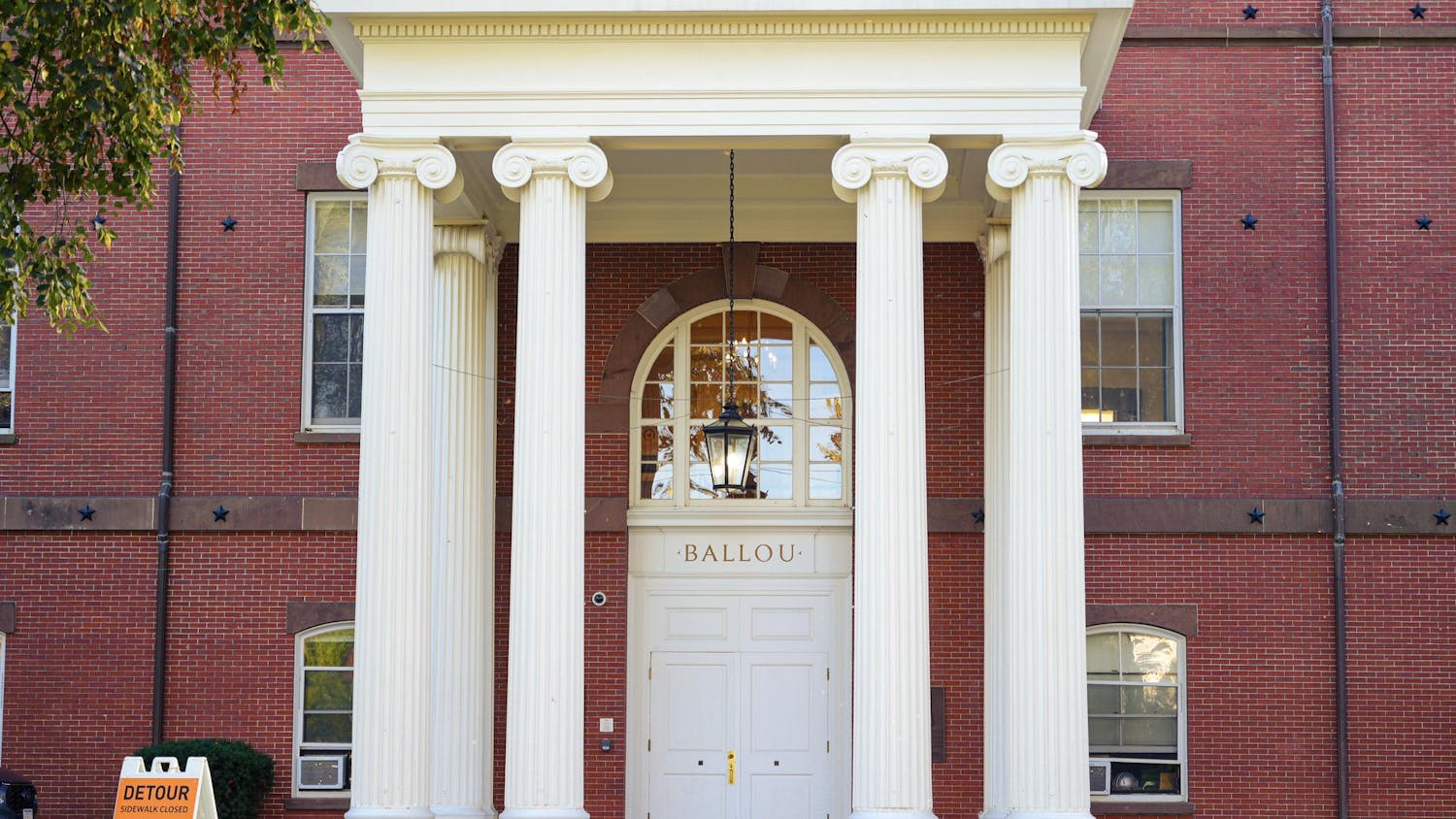The City of Medford implemented a new Adopt-a-Drain program in August, allowing residents to clean storm drains in their neighborhoods and check the drains for leaves, trash and debris.
The initiativebegan in Saint Paul, Minn. in 2014. Its initial success resulted in the development of dozens of other Adopt-a-Drain programs across the United States.
Ali Hiple, a graduate student studying Urban and Environmental Policy and Planning who interned with the city of Medford as a Tisch Summer Fellow, said the idea behind the Adopt-a-Drain program is to facilitate an understanding of the role that storm drains play in keeping water clean.
The contents stored in storm drains empty into nearby water bodies, which in Medford includes the Mystic and Charles Rivers, as well as the Mystic Lakes. Leaves, trash and other forms of debris in storm drains can eventually end up in the water bodies or block drains.
Anna Cornish, a senior who saw the program through to its completion during her time as a Tisch Summer Fellow, said that any trash blocking storm drains can lead to flooding and contamination of the storm water.
“If there are trash or leaves blocking the drain, then when it rains or when snow melts, water will pool on the streets and it’ll pick up bacteria — it’ll pick up chemicals from car exhaust,” Cornish said. “That’s definitely not healthy for any of the local wildlife or for the water itself.”
While the city of Medford already has a street sweeping program and regularly cleans the catch basins — a part of storm drains designed to filter out debris — the Adopt-a-Drain program is meant to provide extra help, as well as promote local environmental stewardship.
“In some ways, [the program] was sort of formalizing stewardship efforts that a lot of people were already doing,” Hiple said, noting that many residents already include storm drain care in their yard work routines. “But it’s a formal way to recognize that and also a good way to educate people about that connection to nearby water, because we don’t always think about what happens in the street ending up in the river.”
Cornish said that the program also assisted the City of Medford in its efforts to keep storm drains clean.
“Medford has over 4,000 drains, so that’s not something that a municipality would ever be able to check in on every single day by itself,” she said.
The process of implementing the program involved researching a number of other Adopt-a-Drain initiatives across the country. Cornish said many cities use the same code as San Francisco, which was one of the first cities to develop the program.
“It’s been so funny to see the same code being used in southern Wisconsin and Savannah, Ga. and across the country,” Cornish said, though she noted that Medford’s website is tailored to the specific environmental needs of the city. Cornish said that storm drain care efforts can vary depending on whether a city is near a river or an ocean.
Medford’s Adopt-a-Drain website was designed to be an interactive experience, Hiple said. She explained that people are able to learn about the program, explore a map of Medford with drain locations and sign up to adopt a drain through the website.
As of press time, 136 drains have been adopted in Medford. Cornish is currently working with the city of Medford to advertise the program at farmers markets and local festivals. The city is also looking into other funding opportunities.
Hiple is optimistic about the program's impact.
“I know that Medford has a really good culture of volunteering and engagement,” she said. “I think it’s a program that will hopefully do really well for the city.”





